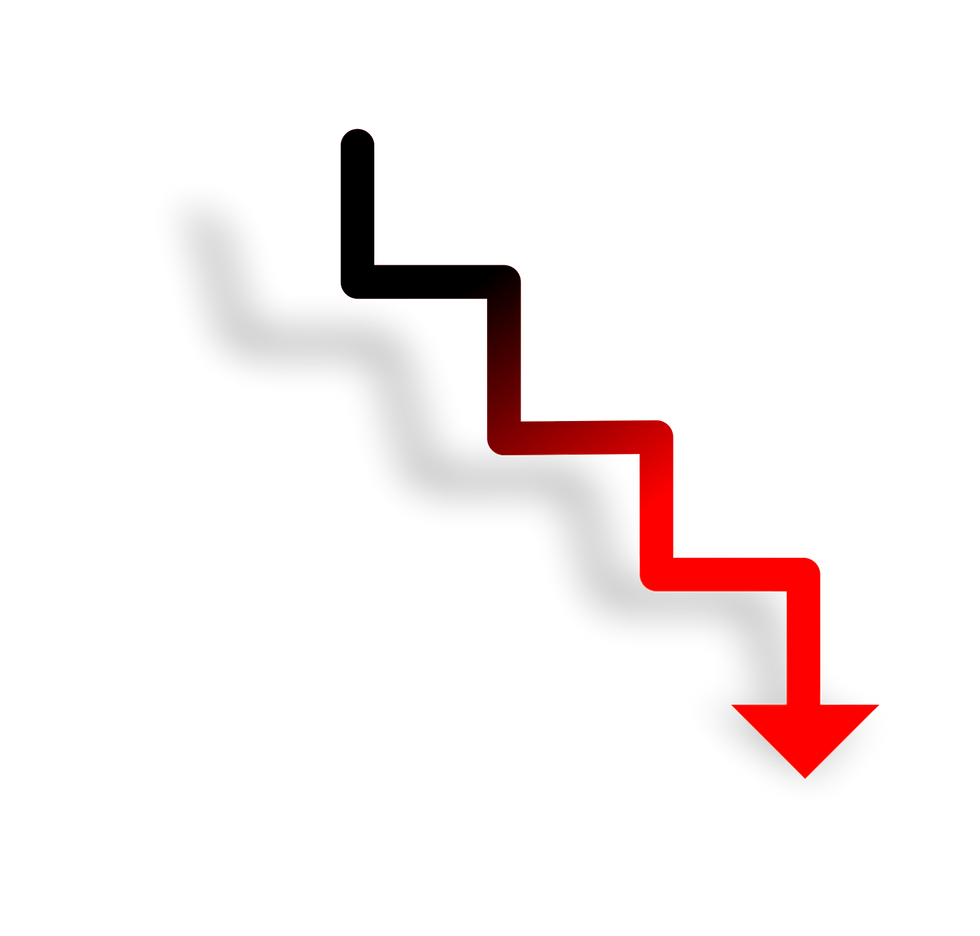Compositions of Absorbent Products
- jeff97795
- Sep 5, 2024
- 3 min read
Updated: Mar 26

Fiberweb meltblown polypropylene weights range between 13 and 700 gsm (grams per square meter). For the manufacturing of absorbent products, Fiberweb's machines typically produce 17 gsm fine fiber membranes and 110 to 400 gsm coarse fiber layers. Thin spunbond polypropylene membranes, which are manufactured in the adjacent Fiberweb factory, can also be introduced via thermal bonding. Each of the four surface textures (standard non-bonded mb pp, bonded mb pp, fine fiber mb pp, and sb pp) has a different usage application

Listed below are the one, two, and three-layer nonwoven sorbents, which are available in the forms of pads and rolls. We start with a description of the best overall composite and end with the most economical, single-layer sorbent.
SMF (spunbond PP / coarse fiber MB PP / fine fiber MB PP)
SMF composite is a dual-textured, three-layer nonwoven, which we consider to be our overall highest performing sorbent. One side is durable, abrasion-resistant spunbond polypropylene, the center layer is fluffy, highly absorbent meltblown polypropylene, and the bottom side is fine fiber meltblown polypropylene, which is soft like tissue paper. When in use, the fine fiber pp side is typically placed face down on the floor or surface. Fine fiber pp tends to grip most surfaces when saturated, and it removes the fluid sheen. The user can easily notice the difference between each membrane, as the spunbond pp side is slightly shiny and has tiny calendering indentations across its web. In certain markets, we provide a dual-colored sorbent so that there is no mistake in identifying the membranes.
FMF (fine fiber MB PP / coarse fiber MB PP / fine fiber MB PP)
FMF composite has a surface texture similar to soft tissue paper. Fine fiber pp absorbs quickly and tends to grip most surfaces when saturated. Fluid retention capabilities for FMF rates highest among all of our composites. Liquid penetrates the outer membranes, quickly saturates the fluffy coarse fiber meltblown pp center layer, and attaches to the fibers. FMF also removes the fluid sheen from floors and other surfaces. It is our most popular composite.
SMS (spunbond PP / coarse fiber MB PP / spunbond PP)
SMS surface texture is durable and abrasion-resistant, which makes this composite an excellent choice for wiping applications. The spunbond membranes are not highly absorbent. Rather, they act as protective sieve, allowing fluids to quickly penetrate and saturate the highly absorbent meltblown polypropylene center layer.
SM (spunbond PP / coarse fiber MB PP)
SM is the poor man’s version of SMF. It is a two-layer composite that has an abrasion-resistant spunbond polypropylene side, and the other side is fluffy, highly absorbent coarse fiber meltblown polypropylene. During meltblown polypropylene extrusion, the fibers exit the die head, and high pressure air directs the fibers vertically on to a collector (conveyor belt). The side of the web that faces the collector tends to be less ropy, so Fiberweb bonds the spunbond pp membrane to the ropy side. The final product looks and performs similarly to SMF composites. Additionally, the oil-only version of SM can be used to absorb oil off of the surface of water.
BM (bonded 1-ply meltblown polypropylene)
Bonded standard meltblown polypropylene (coarse fiber mb pp) has an open fiber construction for quick absorption of viscous fluids. The bond points simply secure loose fibers and provide a low-linting feature. This material is an economical option but is actually a quick-absorbing, highly absorbent nonwoven. The oil-only version of this product can be used on marine-based oil spills or as an MRO sorbent in production facilities. Similar to our two and three-layer composites, bonded meltblown polypropylene is perforated for the purpose of waste minimization.
M (standard 1-ply meltblown polypropylene)
Standard meltblown polypropylene was the original nonwoven sorbent used to clean up spilled fluids. It is a coarse fiber sorbent with no bond points or perforations. Its primary purpose is for absorbing hydrocarbon-based fluids off of the surface of water. With that said, it is also available in universal and hazmat versions, but non-bonded, non-perforated universal and hazmat meltblown pp is rare in the industry today.







Comments